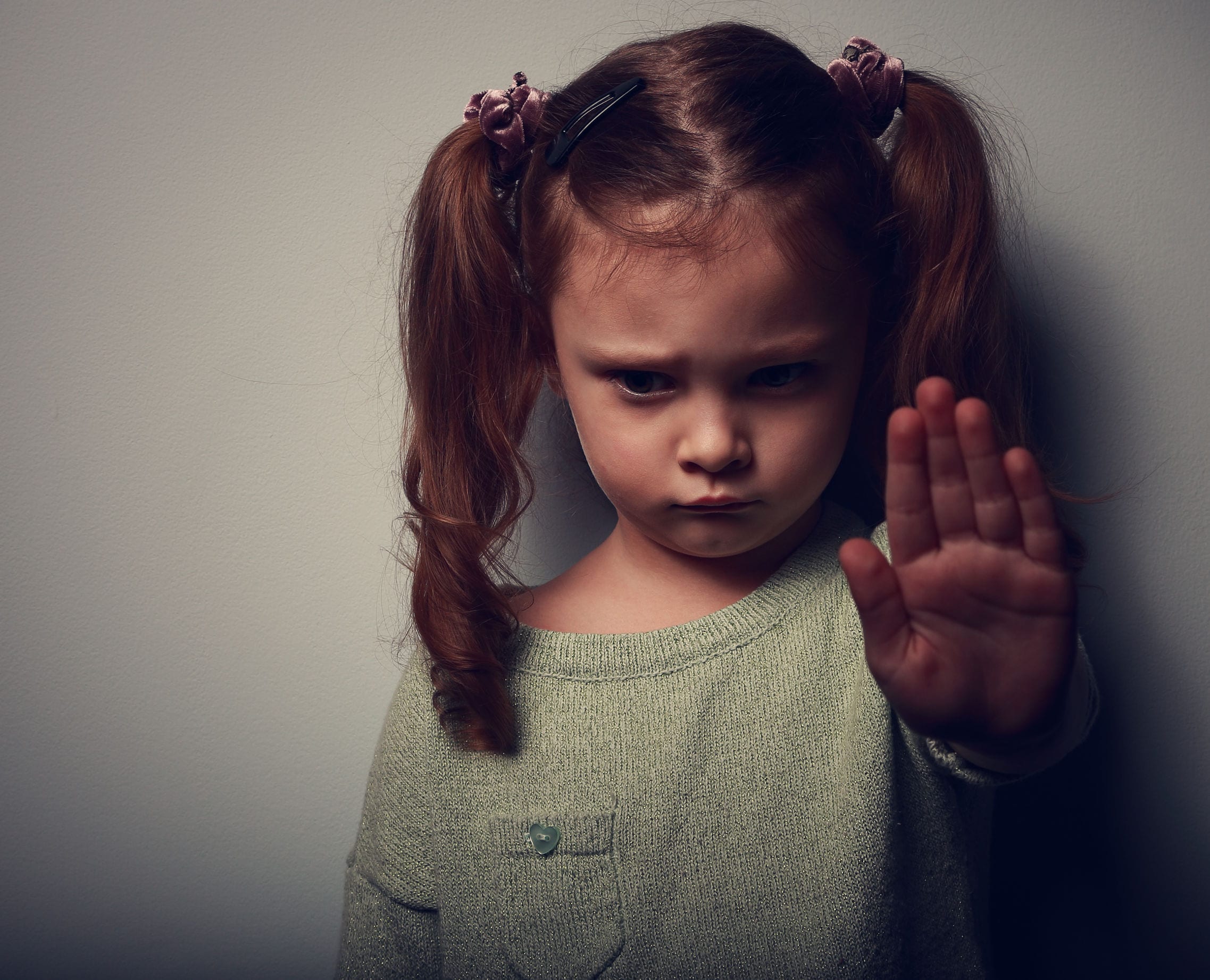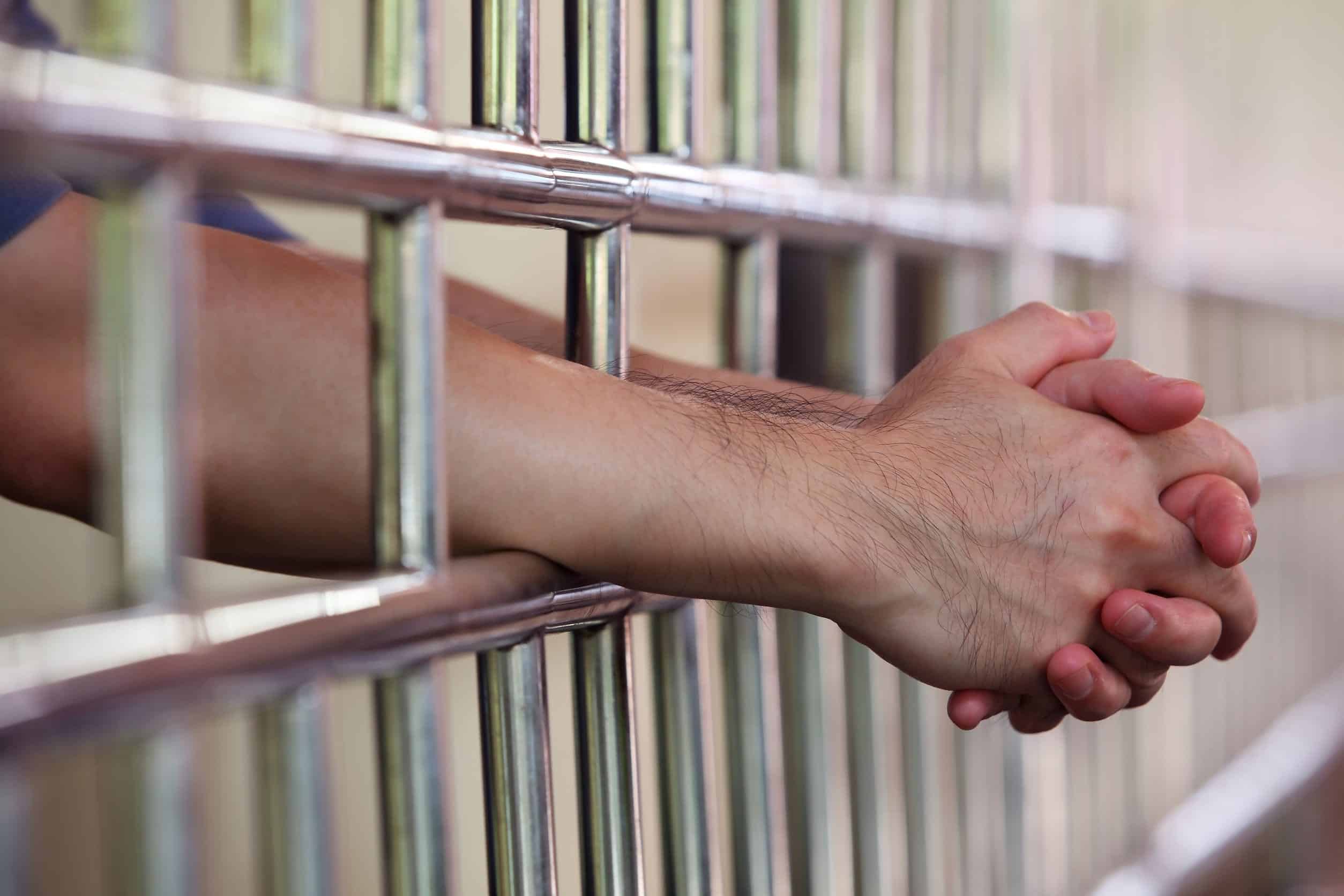- Home
- THE FIRM+
- Criminal Defense+
- CASE RESULTS
- AREAS WE SERVE+
- FAQ’s
- Blog
- Contact
AZHARI LLC BLOG

Posted By: Sami Azhari
Category:
Child abuse is an uncomfortable and emotionally charged subject. Unfortunately, it remains an ongoing problem in our society. Potential child abuse is therefore taken very seriously by professional caregivers, law enforcement, and the Illinois court system.
It is therefore important to understand what constitutes child abuse in Illinois, and to know the consequences, both criminal and civil, of a child abuse conviction.
How Illinois Law Defines Child Abuse
Under Illinois law, child abuse could include, but is not limited to, the following:
- Inflicting or causing a significant risk for physical injury that could potentially cause death, permanent disability, disfigurement, or damage to the child’s physical or emotional health.
- Allowing or committing acts of torture.
- Allowing or causing a controlled substance to be consumed by, sold to, or given to a child under 18.
- Committing sexual abuse, or allowing sexual abuse to occur.
- Emotional abuse.
- Inflicting excessive corporal punishment.
Physical Child Abuse
Next to neglect, physical child abuse is the second-most frequently reported form of child abuse, constituting approximately 25% of all cases of child abuse. Physical child abuse is physical injury inflicted on a child with cruel and/or malicious intention.
However, under Illinois law, corporal punishment is allowed. Corporal punishment is defined as using physical punishment with the intent of inflicting pain, including spanking, hitting, pinching, or slapping.
What’s the difference? That’s the big question.
As mentioned above, Illinois law prohibits excessive corporal punishment. However, the law does not clearly define what constitutes “excessive” corporal punishment, leaving this open to interpretation. Inflicting corporal punishment in any professional setting where it is prohibited (for example, at school), is automatically considered child abuse in Illinois.
Other common forms of physical child abuse include using an object to hit a child, throwing objects at a child, punching, burning, shaking, kicking, or biting a child.
Punishments for Child Abuse
Child abuse may be charged under a few different statues depending on the circumstances and severity of the alleged offense.
Hitting a child is automatically considered aggravated battery. Under Illinois law, aggravated battery of a child is a Class X felony which, short of murder, is the most severe felony offense in Illinois. This carries a minimum sentence of six years in prison, and offenders can be sentenced to up to 30 years.
Lesser offenses may be charged as lower-level felonies, or as Class A misdemeanors. It’s likely that you will also face some jail time with these offenses, along with hefty criminal fines.
If you are in a domestic situation with the child (as is usually the case) you may also face separate domestic abuse charges. These could be either felony or misdemeanor-level charges depending on the circumstances of the alleged offense. A domestic abuse conviction may also result in a protective order that would prohibit you from seeing your family.
Civil and Social Consequences of a Child Abuse Conviction
The consequences don’t stop with criminal penalties, though. Few crimes are as stigmatized as offenses committed against children. A child abuse conviction of any kind is associated with a significant negative stigma. Moreover, court records are maintained on public databases, meaning that anyone with an internet connection and the desire to snoop can pull up your criminal record.
Any accusations of child abuse will be harmful to child custody or parental rights proceedings. It is likely that you will lose custody of your children, and you may even be barred from seeing them.
Additionally, if you are convicted of a felony-level offense, you will face the consequences of being a convicted felon. For example, you will be prohibited from owning or possessing firearms, and face other restrictions to your freedom.
If you have a criminal record, you will be ineligible to apply for student loans. Further, housing, employment and college admissions typically require a mandatory criminal background check. Offenses committed against children are a red flag, so a child abuse conviction will likely compromise your ability to get an education, find adequate housing and obtain gainful employment.
Defending against Child Abuse Charges in Illinois
If you are facing charges of child abuse, it is imperative that you take this matter seriously. A conviction could result in severe criminal penalties, compromise your parental rights to your child, and have long-lasting civil and social consequences.
Do not let this happen. To beat serious charges such as child abuse, you need a knowledgeable and skilled criminal defense attorney. A good lawyer will be able to leverage his or her experience to put together the strongest possible case for you.
Contact an Experienced Aggravated Battery Attorney Today
At Azhari LLC, our experienced attorneys understand the complexities of child abuse cases and are dedicated to providing you with the aggressive representation you need. We will work tirelessly to protect your rights and reputation, guiding you through every step of the legal process.
Contact us today for a consultation to discuss your case. Let us help you understand your legal options and develop a defense tailored to your unique circumstances. Don’t face these charges alone – trust Azhari LLC to fight for your rights and future.
About the Author
Sami Azhari has been working as a lawyer since 2007, after receiving his Juris Doctor from the Michigan State University College of Law. He has handled numerous state and federal cases, and is known throughout the Chicago and Rolling Meadows area for providing his clients with high-quality, skilled representation. He has been recognized by SuperLawyers, the National Trial Lawyers Association, and other notable organizations, and has spoken at a number of legal conferences.



























































